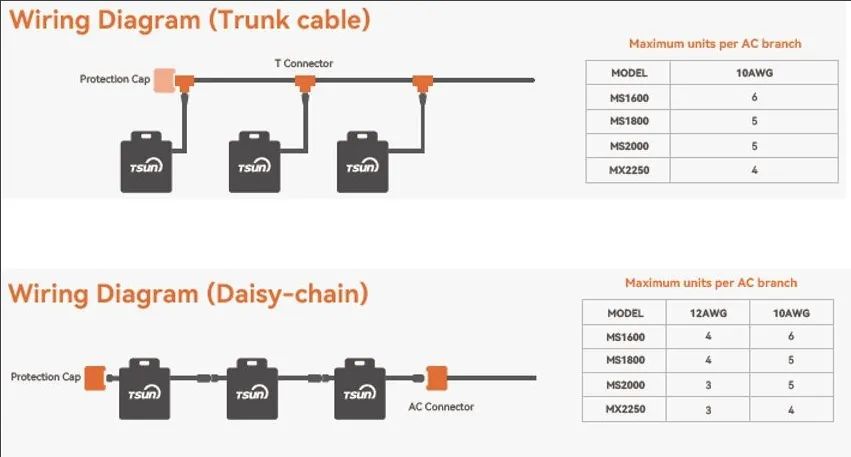Understanding the true cost of solar panel micro inverters is crucial for anyone considering solar energy for their home or business. Pricing in this domain isn't just about the initial investment; it encompasses efficiency, durability, reliability over time, and the economic benefits derived from harnessing solar energy effectively. This article will delve into these aspects, offering insights from industry expertise and real-world experiences to help demystify the true expense involved.

Solar panel micro inverters are a critical component of solar energy systems, performing the vital function of converting direct current (DC) produced by solar panels into alternating current (AC) usable by household appliances and the grid. Unlike traditional string inverters that service a series of panels, micro inverters operate at the individual panel level, translating into several financial and operational benefits.
One of the primary factors influencing the cost of micro inverters is the enhanced energy yield they facilitate. By optimizing energy conversion on a per-panel basis, micro inverters can significantly reduce the impact of shading, debris, and orientation issues that typically degrade the performance of traditional inverter systems. This fine-tuned approach to energy management means that the energy output is maximized, potentially lowering electricity costs over the long term. According to recent industry studies, systems utilizing micro inverters can see a 5-10% increase in overall energy production compared to string inverters, offsetting the initial purchase cost over time.

Durability and longevity are another critical aspect to consider. Micro inverters generally come with longer warranties—often 20-25 years—compared to the average 10-year warranties of string inverters. This durability translates to lower long-term replacement and maintenance costs, contributing to a better return on investment (ROI). Experienced solar installers emphasize that while micro inverters might come with a higher upfront expense, their robust warranties and operational lifespan justify the initial cost, positioning them as a savvy long-term investment in solar infrastructure.
Reliability is another aspect where micro inverters shine. Because they handle one panel at a time, a malfunction in one micro inverter doesn't radically affect the system's performance, unlike string inverters, where one faulty unit can dampen the entire array's output. This resilience can lead to decreased operational downtime and enhanced energy security for your setup, translating into indirect cost savings.
solar panel micro inverter cost
Assessing the upfront purchase cost, current market analysis reveals that micro inverters typically add about 20% to the cost of a solar installation compared to conventional string inverters. This increase amounts, on average, to an additional $1,000-$1,500 for a typical home solar setup. However, it is essential to weigh this against the aforementioned gains in energy yield, reduced maintenance, and longevity to appreciate their overall cost-effectiveness.
For those considering an investment in solar energy, it's advisable to consult with certified solar energy professionals who can provide tailored advice based on specific energy needs and environmental conditions. Experts recommend conducting a comprehensive cost-benefit analysis that considers projected energy savings, potential incentives or tax rebates, and the enhancements in efficiency and reliability that micro inverters offer.
Trust in your choice is bolstered by the fact that leading brands like Enphase, APsystems, and SolarEdge offer micro inverters that consistently receive positive evaluations for performance and service, often becoming a preferred choice for both residential and commercial solar projects.
In conclusion, while the initial expenditure on micro inverters might seem substantial, their high efficiency, durability, and reliability greatly contribute to their financial efficacy in the mid-to-long term. Informed consumers and businesses that prioritize total lifecycle costs over initial pricing frequently find micro inverters a valuable enhancement to their renewable energy strategies. Through expert knowledge and user feedback, this shift is paving the way for a more reliable, robust, and financially savvy solar power adoption, underscoring why micro inverters are increasingly becoming integral to solar panel installations worldwide.
 LEARN DETAILS
LEARN DETAILS



